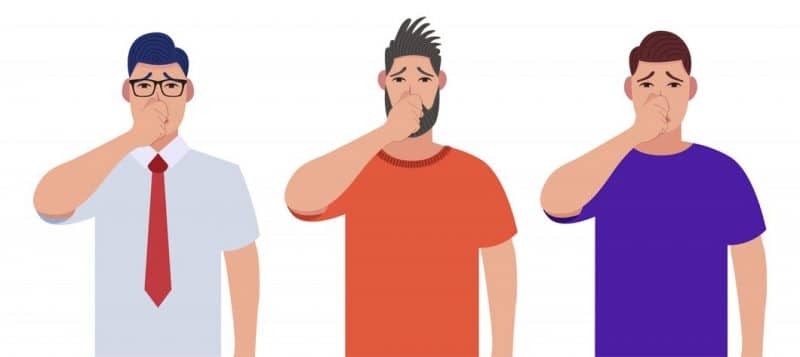French language Stereotypes or stereotypes in any language should ne avoided. You dream of traveling to the mesmerizing country of France for your career or for discovering the miracles it holds. You join our classes and clear the DELF/TEF exams and are ready for France to amuse you. But wait, are you well prepared to face the culture shock? Before you go about assuming things about the French, let’s introduce you to some of the common stereotypes one may come across that can lead you to misinterpret the image of the French.
1. The French are rude and arrogant

This is a misconception that has tainted the identity of the French. While many, including fellow French people, find Parisians to be rude, not all regions of France have the same general culture or attitude towards other people. They are proud and protective of their culture, but not arrogant. People from the North and South parts of France are generally considered to be warm and friendly. Most French people find the overt expression of emotions and enthusiasm as insincere and even stupid. However, it doesn’t imply that they don’t feel happy or passionate.
Pro tip: Do not directly open conversations in English with a waiter or shopkeeper without even saying a simple greeting in French, as most French people consider it rude and presumptuous.
To learn what a francophone is, click here.
2. The French always wear striped shirts, berets and red scarves


This is as true as the thought that every Indian wears a saree or dhoti. People who have actually visited France can vouch for the falsity of this stereotype. Striped shirts, berets, and red scarves are the stereotypical representation of a French person while in reality, it isn’t really as close to common as depicted. They were somewhat popular in previous centuries, but over the past few decades, they’ve become relegated to either traditional or military dress/uniforms, or an eccentric or nationalistic headpiece.
If someone is seen wearing a beret with their everyday clothes today, they’re either trying to make a statement or to look old-school glamorous, or they’re an old gentleman genuinely rooted in a region and tradition where this was once common.
Pssst. Here’s a super fun article on French Fashion and Style.
3. The French stink

A cliché that the French are tired of hearing is that they smell foul. While some believe it comes from the French diet (or somewhat stereotypical diet) of onions and pungent cheeses, this stereotype stems from the image of public transportation or cramped rooms. In subways and jam-packed crowds, one may smell malodor, but this is a false indicator of the French’s hygiene. A majority of French people use deodorant or perfume and bathe regularly.
Here’s a list of 15 Best Perfume Brands From France.
4. The French are romantic

The French have always held a reputation for being romantic and seductive. In surveys of the most romantic languages, French is often among the top results. With French being viewed as the language of love and Paris being the city of love, there is some truth to this cliché. However, the French themselves do not feel the same way. They might be practical in love but in the end, it all boils down to the individual’s personality. A lot of this portrayal of France as a romantic country is owed to Hollywood and other movies that influence this image.
Check out the Top 10 French Newspapers to learn more about French culture.
5. The French love to consume frog legs in their food

A stereotype that might come off as bizarre to some, this too, in the end, has little truth to it. ‘Cuisses de grenouilles’ or Frog legs in English, is a dish loved by some of the French but on the contrary, does not even make it to the top 10 most loved dishes in France. They enjoy the dish, but it’s not as popular as this popular French stereotype would have you believe. In fact, there are lots of people who haven’t had this dish even once in their life!
For a simple recipe for sautéed frogs’ legs, click here.
A few other facts that have been typecast into the portrayal of the French are:
- The French love their baguettes – this fact has been accepted by the French themselves. Bread is a central part of their diet, and they also love their wine and cheese.
- French women don’t shave – this is a cliché that has left the French confused. Most of the women of France shave, with a few older ones being an exception. Unshaved French women are nearly not as common as the sightings of dogs in Paris.
- The French are always on strike – the reputation of France as being a nation of strikers can be costly when it comes to business and foreign investors. When dug deeper, it can be seen that it is mainly the public sector that is affected. There’s very little conflict in the private sector. This mark arises from the fact that when the French quality of life is threatened (hours worked per week, salary, benefits, cuts, etc.), they are very quick to act.
Conclusion
A French language stereotype may be negative or positive, but even positive stereotypes present two problems: They are clichés and they present a human being as far more simple and uniform than any human being actually is – Nancy Kress
These wise words fit perfectly here. Do not base your judgment on subjective assumptions and go see for yourself the truth to these stereotypes.
For everything French, visit our website.
